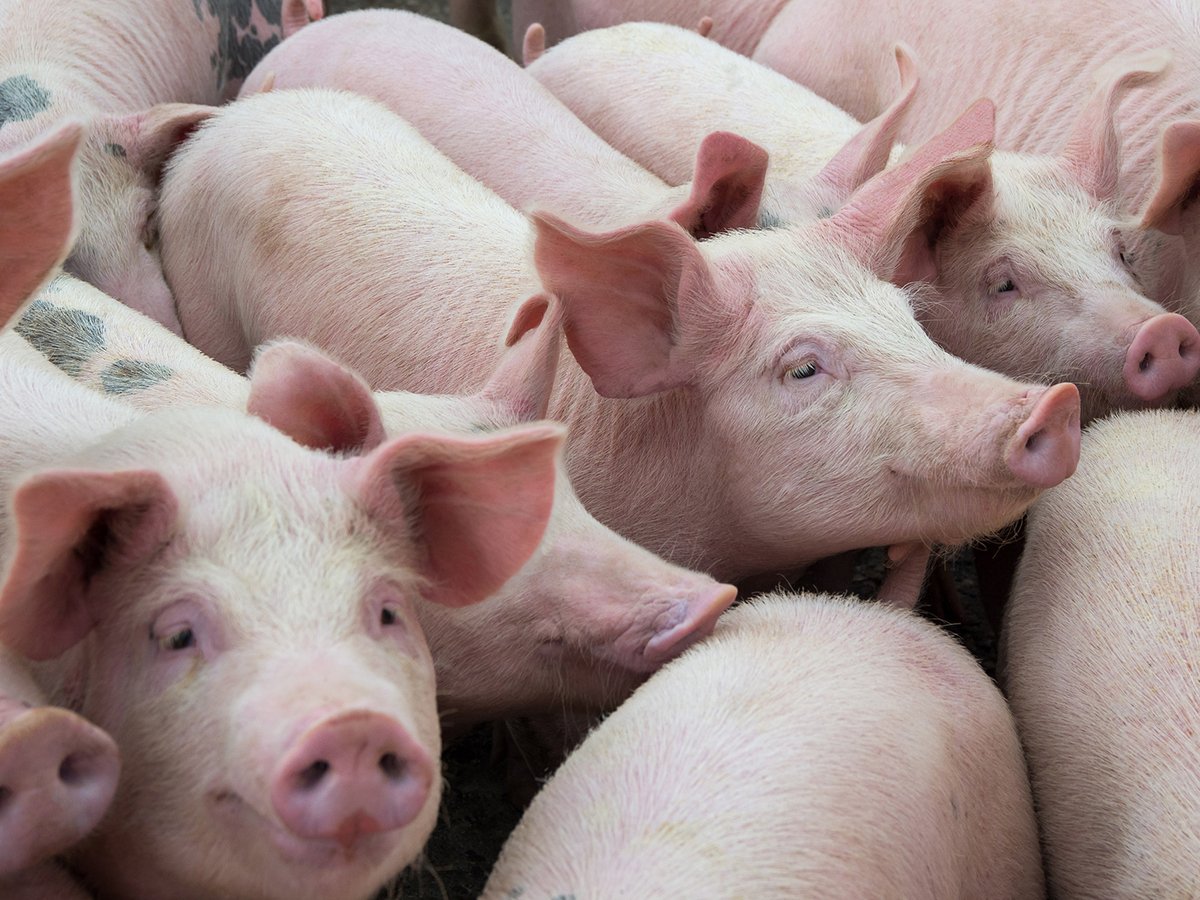Canada’s support for promoting exports of livestock products is woefully inadequate compared to competitor countries, beef and pork industry officials told MPs last week.
During an April 2 appearance before the House of Commons international trade committee, New Democrat trade critic Peter Julian asked what resources they had to promote their products in foreign markets.
“We have been hearing a lot of evidence over the past couple of years at this committee about how minuscule Canada’s actual product promotion budget is compared with other countries,” said the British Columbia MP.
Read Also

Quebec pork company calls for transparency around gene-edited pigs
Quebec-based pork company duBreton is calling for transparency around meats from gene-edited pigs on concerns that a lack of mandatory labelling will confuse consumers, and dilute certification claims. The organic sector is also calling for labelling rules.
The answers he received from the livestock sector did not undermine his point.
Ted Haney, president of the Canada Beef Export Federation, said the total promotion budget for beef is in the $10 million range. The United States industry has $40 million available. But the U.S. advantage is much more than that.
“They’ve got concessions on rental rates of international offices, shared resources that are available out of the agriculture trade offices located at U.S. embassies around the world,” said Haney. “None of those collateral supports exist for Canadian industry really at all so our level of support is much, much less.”
Canadian Pork Council president Jurgen Preugschas said the Canada Pork International budget for five years is $5.5 million – half from industry and half from government.
On the beef side, Haney said Canada’s small promotion budget compares to the $100 million Meat and Livestock Australia budget that allocates a significant portion to export promotion.
He said Canada should change its philosophy about how to use embassies to support Canadian exporters.
“We need to have a better integration of resources that come out of embassies and have it be meaningfully available for industry,” Haney told Julian. “We still have this hard separation in many ways between, ‘this is the embassy and what it does and industry, you’re sort of on your own.’ “
He said it is a question of Canadian promotional philosophy.
“There’s no ag trade philosophy out of Canada,” he said. “That would be tremendously helpful.”
During the meeting, John Masswohl, director of governmental and international relations for the Canadian Cattlemen’s Association, called on Ottawa to resume its World Trade Organization challenge of the American country-of-origin rule.
While the CCA agreed with the federal government’s decision to leave the WTO challenge “idling at the curb” last winter until details of the COOL rule were developed, the rule now has taken effect and the administration of U.S. president Barack Obama is threatening to make it more onerous than originally expected.
But no matter what form it takes, COOL will cost the Canadian industry money, said Masswohl.
“The first element of our strategy is that we believe the government should pursue all means available to address the situation,” he told MPs. “That includes a resumption of the formal WTO process.”
The livestock representatives said part of the problem is that the Obama administration, which inherited the COOL file from the previous administration, has not figured out yet whether COOL is supposed to be a food safety policy or something else. Canadians consider it protectionism.
CCA executive vice-president Dennis Laycraft also used the Parliament Hill appearance to complain that government inflexibility at World Trade Organization talks on changes to supply management protections hurts export sectors.
“We all know there was a resolution passed in the House of Commons that there shall not be any concessions essentially given in terms of supply managed commodities,” he said. “We’re not here to attack supply management but when our negotiator sits at the table and everybody has to negotiate all elements of a deal, we feel it’s actually disadvantaging our sector and the other sectors when you’re not able to be fully engaged.”
















